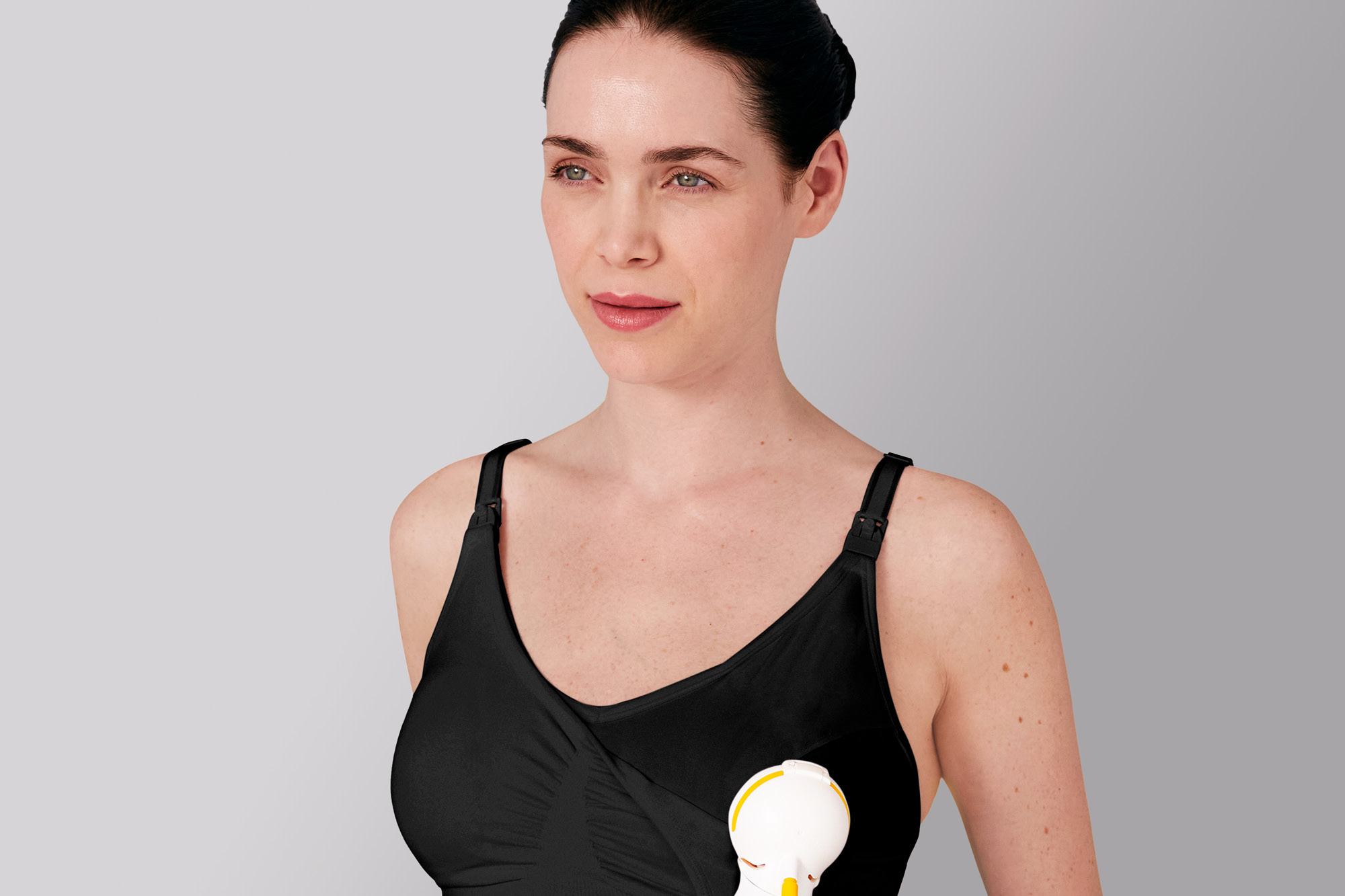Heard of non-invasive prenatal testing? Contrary to the misconception it’s only for women over 35, NIPT is important for all mamas to know about.
By Mama Disrupt®
Pregnancy is often referred to as a ‘miracle’ or a ‘journey’. As you progress through each trimester, the excitement grows, but for many mothers-to-be, so does the anxiety.
The health of the unborn baby becomes paramount, and with it come countless questions. Is my baby okay? Will they be healthy? Do they have any genetic disorders? Enter non-invasive prenatal testing (NIPT), a revolutionary game changer in the world of obstetrics that is shedding light on these concerns.
“AS WITH ALL DECISIONS DURING PREGNANCY, WHETHER OR NOT TO HAVE AN NIPT IS A PERSONAL CHOICE. FOR SOME, THE PEACE OF MIND IT BRINGS IS INVALUABLE. FOR OTHERS, THEY MIGHT CHOOSE TO WAIT AND SEE.”
So, what exactly is NIPT?
NIPT is a simple blood test conducted during pregnancy, typically after the 10th week of gestation. It examines fragments of fetal DNA that circulate in the mum’s bloodstream, looking for any irregularities that may indicate potential genetic disorders.
The test’s non-invasive nature, as opposed to other methods like amniocentesis or chorionic villus sampling (which involve retrieving samples directly from the womb), is a significant advantage. It means zero risk to the fetus and minimal discomfort for the mother. Plus, its high accuracy rates of over 99% in detecting certain conditions makes it all the more appealing.

Beyond Age 35: Why Every Mum Should Consider NIPT
Historically, there’s been a common belief that only mothers aged 35 and older should be concerned about genetic disorders in their unborn babies. This myth likely stems from the fact that the risk of chromosomal abnormalities, like Down syndrome, increases with maternal age. But, this isn’t the full picture.
While age-related risks are undeniable, genetic disorders can happen in pregnancies of women of all ages. Every expectant mother, irrespective of age, carries some risk of giving birth to a child with a genetic condition. This means NIPT is beneficial not just for the over-35s, but for everyone.

Empowering Mothers with Knowledge
Imagine having a sneak peek into your baby’s health, giving you invaluable insights to prepare emotionally, mentally, and logistically. Knowledge is power, and NIPT provides just that. By identifying potential challenges ahead of time, parents can:
- Seek specialised care, ensuring the best possible outcomes for their baby.
- Engage with support groups, therapists, or counsellors who can provide advice and support.
- Make informed decisions regarding the pregnancy.
Taking the Test
Having an NIPT done is straightforward:
- Schedule the test post the 10-week mark of pregnancy.
- A healthcare professional will draw a sample of your blood.
- The sample is sent to a specialised lab, where DNA is analysed for signs of genetic disorders.
- Results are typically available within one to two weeks.
The process is swift, painless, and offers a wealth of information.
A Special Mention: The 22q11.2 Test
One vital test that falls under the NIPT umbrella is the 22q11.2 deletion test. This particular deletion refers to a small piece of chromosome 22 that’s missing and can lead to 22q11.2 deletion syndrome. Though not as commonly discussed as Down syndrome, it’s one of the most frequent genetic deletion disorders.
Symptoms of the 22q11.2 deletion syndrome can vary greatly but can include heart defects, immune system problems, facial anomalies, and developmental delays. Early detection can help parents and doctors better prepare for and address these challenges after birth.
To NIPT or Not to NIPT?
As with all decisions during pregnancy, whether or not to have an NIPT is a personal choice. For some, the peace of mind it brings is invaluable. For others, they might choose to wait and see. But what’s undeniable is the power of this non-invasive test to demystify a significant part of the pregnancy journey, offering insights like never before.
In an era where information is at our fingertips, NIPT acts as a bridge between expecting parents and their unborn child, cultivating understanding, and preparing hearts and homes for the little one’s arrival.
Sign up to our newsletter for weekly mama goodness delivered straight to your inbox, like the VIP that you are.









